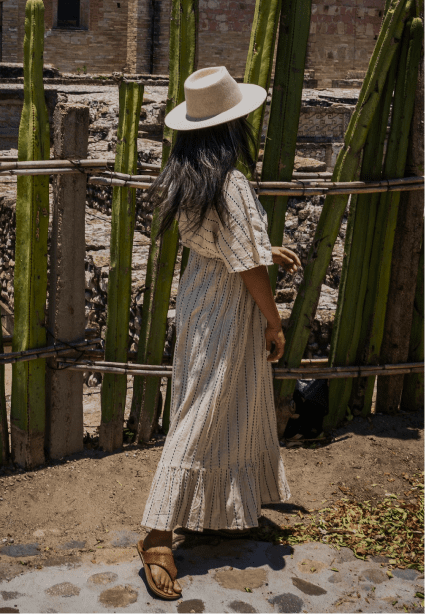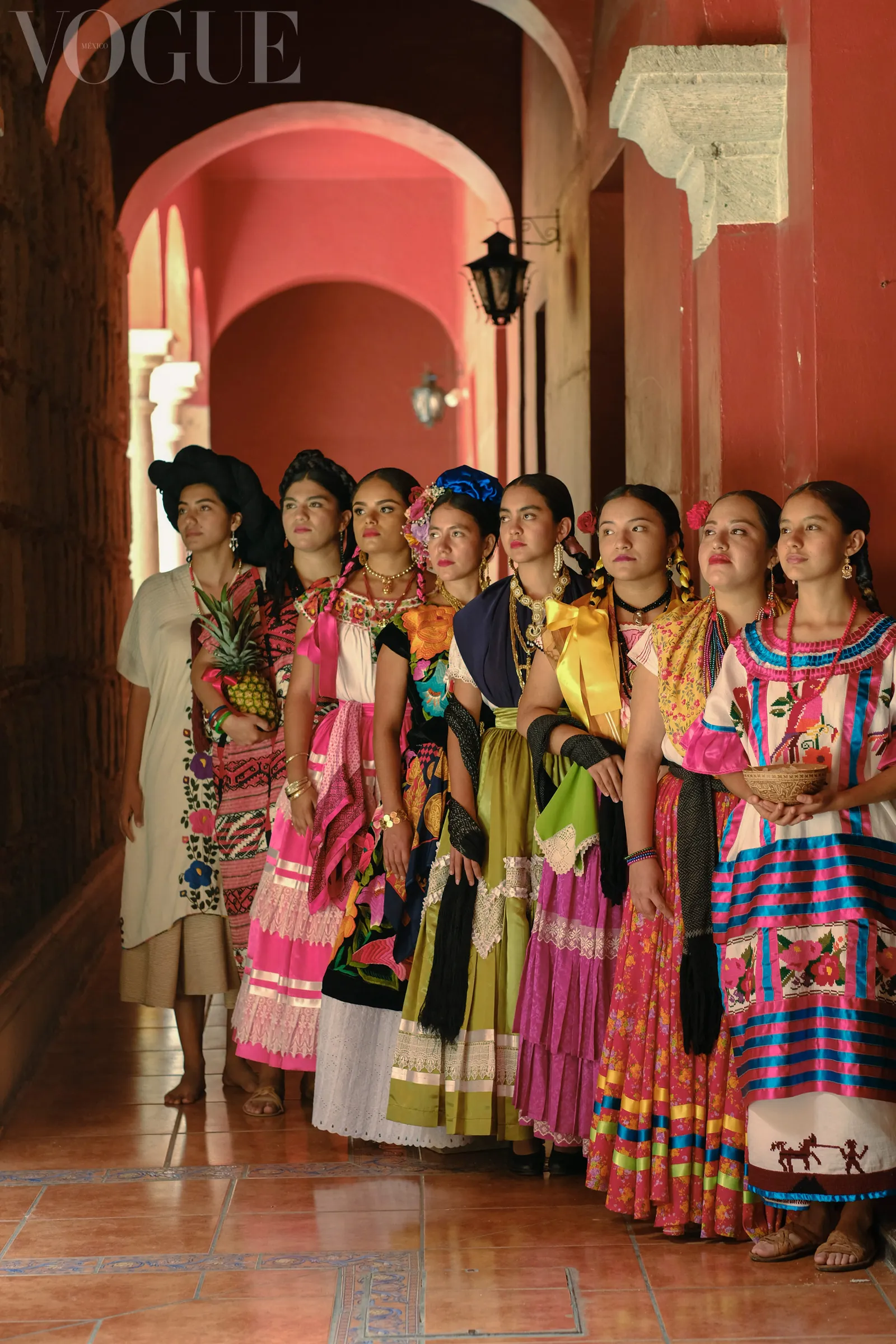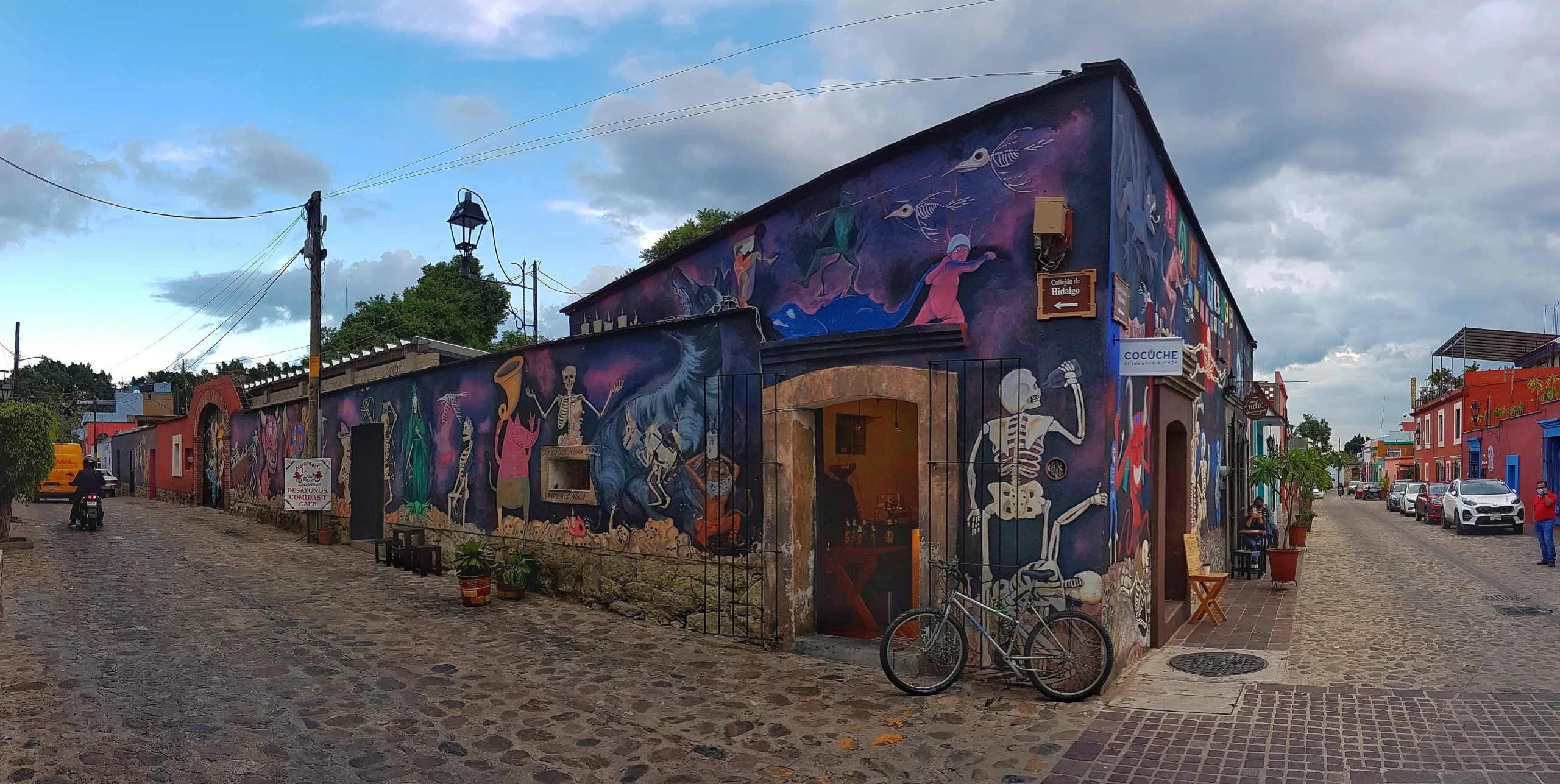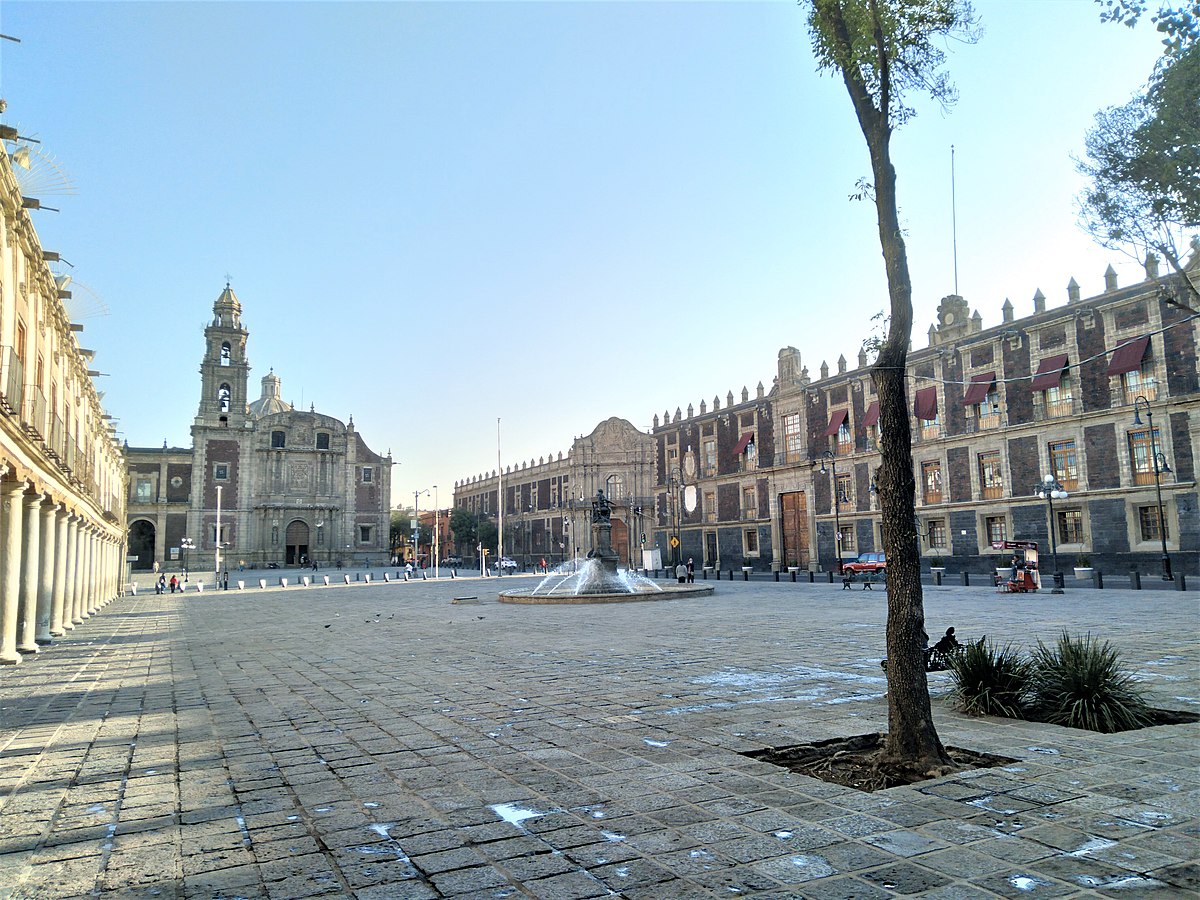Exploring Oaxaca’s rich and varied culture can be an exciting experience. However, as a traveler, it’s crucial to understand the importance of responsible tourism. We’ll delve into the concept and benefits of responsible tourism in Oaxaca, offering practical tips and steps for a sustainable journey that respects and benefits both the local community and natural surroundings.
Understanding Responsible Tourism
Definition of Responsible Tourism
Responsible tourism refers to a way of traveling that considers and respects the social, environmental, and economic impacts of tourists on the destinations they visit. This approach involves making conscious decisions that minimize negative effects and maximize positive benefits for host communities and their environment. It entails protecting natural resources, conserving cultural heritage, and supporting the local economy.
Importance of Responsible Tourism
Responsible tourism is essential to ensure that tourist activities positively contribute to the long-term sustainability of a destination. In places like Oaxaca, where cultural identity and biodiversity are unique, tourism can present both opportunities and challenges. The importance of this approach lies in balancing visitor enjoyment with the need to preserve and protect the assets that make Oaxaca so special.

Implementing responsible tourism practices can help prevent environmental degradation, protect local culture and traditions, ensure fair distribution of tourism-generated income, and promote a more authentic and enriching experience for travelers.
The Role of Travelers in Responsible Tourism
Travelers play a crucial role in promoting responsible tourism. Through their choices and behaviors, they can significantly influence the tourism industry. This includes choosing tourism service providers that demonstrate sustainable practices, respecting local customs and traditions, minimizing waste, and contributing to the local economy by purchasing handicrafts and local products.
Additionally, travelers can raise awareness about responsible tourism by sharing their positive experiences on social media and with their close circles, thus encouraging others to follow their example. By adopting a more thoughtful and ethical approach to travel, tourists help build a more sustainable future for the destinations they love to visit.
Responsible Tourism in Oaxaca
Why Oaxaca is a Destination for Responsible Tourism
Oaxaca is an exceptional destination that attracts travelers due to its vibrant mix of indigenous cultures, rich history, incomparable art, and gastronomic heritage. The region boasts impressive biodiversity, with landscapes ranging from pristine beaches to majestic mountains and fertile valleys. This multifaceted environment makes Oaxaca ideal for responsible tourism, as visitors can actively participate in preserving its unique cultural identity and environment.
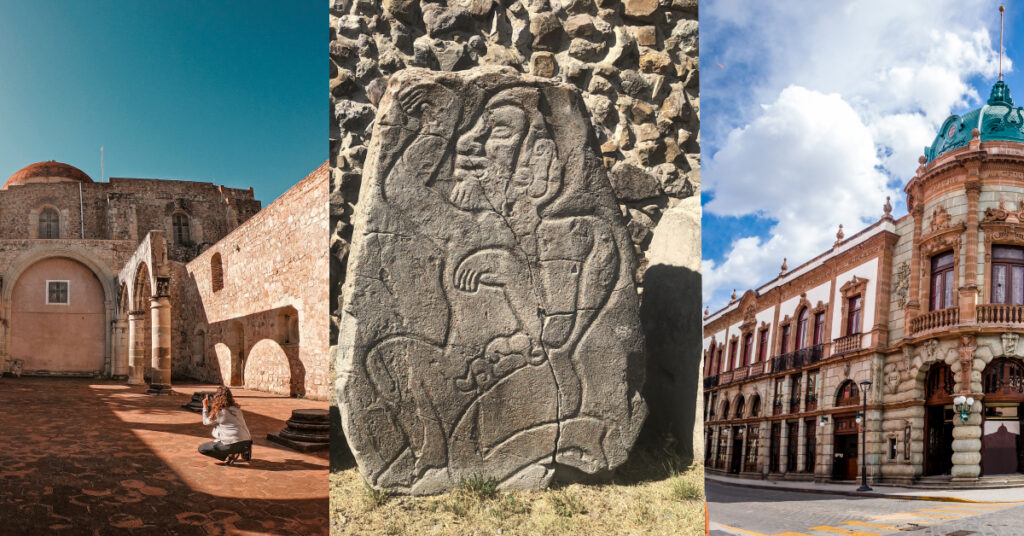
Oaxaca offers a unique opportunity to learn about sustainable practices, such as organic agriculture, natural resource management, and cultural conservation through its artisan workshops and culinary art. Delving into Oaxaca with a focus on responsible tourism not only enriches the visitor experience but also ensures the continued well-being of this charming area and its inhabitants.
Initiatives for Responsible Tourism in Oaxaca
In recent years, Oaxaca has become a model for responsible tourism, with a range of initiatives dedicated to promoting sustainable and ethical practices that benefit both tourists and the local community. These include ecotourism projects involving the community, such as the protection of coastal ecosystems and the conservation of wildlife, as well as farmers’ markets selling organic local products.
Travelers will also find sustainable accommodation options that reduce waste and use renewable energy, as well as programs that facilitate immersive cultural experiences with minimal environmental footprint. Additionally, non-governmental organizations and local associations work tirelessly to raise awareness and induce positive changes in Oaxaca’s tourism infrastructure. By choosing to participate in these initiatives, visitors leave a positive footprint and become active parts of the responsible tourism movement in the region.
How to Practice Responsible Tourism in Oaxaca
Choosing Sustainable Accommodations and Activities
When visiting Oaxaca, one can make a significant difference by choosing accommodations committed to sustainable practices. Travelers should look for hotels or guesthouses that use renewable energy, recycle, and offer programs to preserve local biodiversity. Likewise, activities such as ecotourism tours supporting conservation or guided visits benefiting indigenous and rural communities can be prioritized.

It is advisable to research and select companies that demonstrate social and environmental responsibility, and that give back to the local community. Giving preference to providers that train their employees and promote equity in the workplace also contributes to more sustainable and fair tourism.
Respecting Local Culture and Nature
A critical component of responsible tourism is respect for culture and nature. This involves adhering to appropriate social etiquettes, such as asking permission before photographing people or participating in rituals, and learning some words in local languages as a sign of respect. It is also vital to adhere to regulations established in protected natural areas, such as national parks and biosphere reserves, to avoid disturbing flora and fauna.
Tourists should inform themselves about ecologically sensitive areas and stay on marked trails during hiking or outdoor activities, and avoid taking natural souvenirs such as shells or plants, which could be essential to the local ecosystem.
Buying Local and Ethically
By investing in the local economy by purchasing authentic crafts and local products, travelers can directly benefit the community of Oaxaca. It is essential to buy ethically, ensuring that items are not products of exploitation or harmful to the environment or culture. Local markets, craft fairs, and stores that certify the origin and fair manufacturing conditions are excellent places to acquire souvenirs.
Additionally, preferring restaurants and cafes that use local ingredients and traditional cooking techniques not only offers a richer and more authentic culinary experience but also minimizes carbon footprint and supports sustainable agricultural practices. By making these conscious choices, visitors can enjoy the best that Oaxaca has to offer while sustaining its heritage and economy.
Benefits of Responsible Tourism in Oaxaca
Economic Benefits
Responsible tourism in Oaxaca can drive the local economy sustainably. By supporting local businesses and artisanal ventures, tourists contribute to job creation and the equitable distribution of tourism-generated income. This not only improves the standard of living for local communities but also encourages entrepreneurship based on sustainable practices. Additionally, it reduces capital flight and ensures that the economic benefits of tourism remain in and for the community.
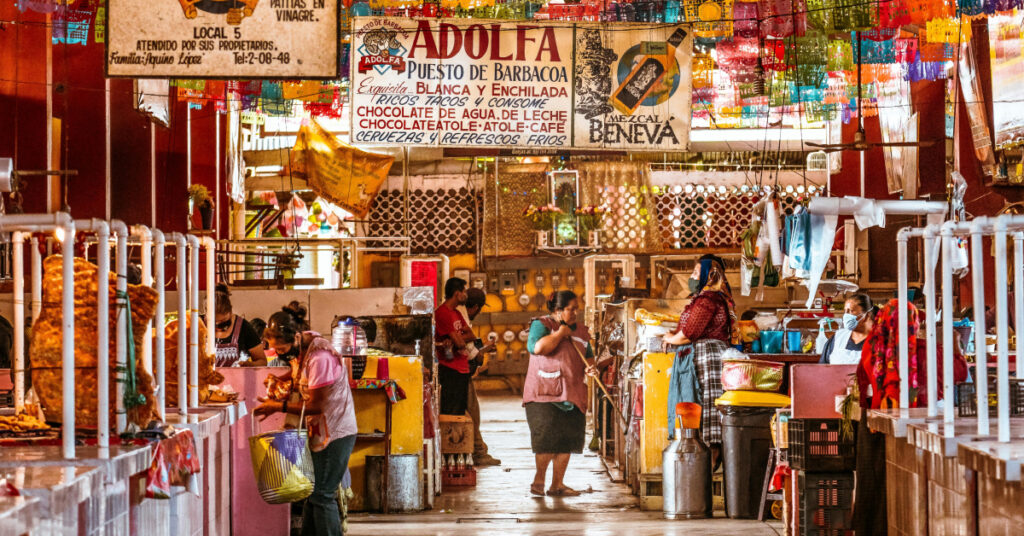
Social Benefits
Responsible tourism fosters respectful and enriching cultural exchange between visitors and Oaxaca’s inhabitants. The promotion and preservation of cultural traditions and local identity are strengthened when tourists engage in activities that respect the customs and historical heritage of the region. This can lead to greater understanding and mutual respect between cultures, strengthening the social fabric of Oaxaca and the sense of pride among its communities.
Environmental Benefits
By adopting responsible tourism practices, the environmental impact of tourism in Oaxaca is minimized, protecting its unique biodiversity and fragile ecosystems. From beach conservation to the protection of endemic species, responsible tourism helps ensure that the natural beauty of the state is preserved for future generations. In turn, this promotes ecotourism and environmental education, encouraging more people to value and care for the environment.
Success Stories of Responsible Tourism in Oaxaca
Example of Sustainable Accommodation
A prominent example of sustainable accommodation in Oaxaca is the Conscious Hotel. This establishment is known for its strong commitment to sustainability, using solar panels to generate its energy, rainwater harvesting systems, and offering organic toiletries in all rooms. Additionally, the Conscious Hotel has been built with local materials and traditional techniques, reducing carbon footprint and fostering the artisanal skills of the region. Its restaurant serves dishes made with organic products grown in its own garden or sourced from local farmers, strengthening the community economy and ensuring fresh, low-impact food.
Example of Responsible Tourist Activity
The Oaxacan EcoAdventures cooperative is an example of a responsible tourist activity that is making a difference. The cooperative is comprised of certified local guides who offer ecotourism experiences, such as hiking and birdwatching, in Oaxaca’s protected areas. EcoAdventures Oaxaqueñas invests a portion of its profits in biodiversity conservation and community projects aimed at improving living conditions in the areas where they operate. By participating in these excursions, tourists enjoy Oaxaca’s stunning nature while contributing to ecosystem maintenance and the well-being of the local population.
Responsible tourism in Oaxaca is an incredible opportunity for visitors to enjoy the region’s rich culture and natural beauty without compromising its resources and heritage. Through conscious and respectful decisions, such as supporting local businesses, minimizing waste, and respecting local culture and environment, travelers can contribute to the sustainability and prosperity of Oaxaca.
A sustainable journey not only enriches the traveler’s experience but also benefits local communities and the environment, presenting a path towards a more equitable and sustainable future for all.
Frequently Asked Questions
What does responsible tourism mean?
Responsible tourism refers to a way of traveling that considers the social, economic, and environmental impact on the visited destination. It involves making conscious decisions to minimize negative footprint and maximize benefits for local communities and the ecosystem.
Why is practicing responsible tourism important?
Responsible tourism is essential to protect and preserve natural and cultural environments for future generations. It also promotes greater inclusion and social justice by ensuring that tourism benefits local communities.
What is the role of travelers in responsible tourism?
Travelers play a key role in responsible tourism. They can help by choosing accommodations, tours, and activities that are ethical and sustainable, respecting local customs and environment, and supporting local businesses during their stay.
Why is Oaxaca a destination for responsible tourism?
Oaxaca is an ideal destination for responsible tourism due to its rich biodiversity, strong cultural identity, and the various existing sustainable tourism initiatives. Its variety of ecosystems, indigenous cultures, and centuries-old traditions provide unique opportunities for tourism that respects and benefits the local community.
What are some initiatives for responsible tourism in Oaxaca?
Oaxaca has a range of responsible tourism initiatives, from eco-friendly hotels and farm-to-table restaurants to community-led tours promoting environmental conservation and cultural preservation.
How can I practice responsible tourism in Oaxaca?
You can practice responsible tourism in Oaxaca by choosing accommodations and tours that are sustainable and ethical, respecting local culture and environment, and supporting local businesses, particularly those in indigenous and rural communities.
What are the benefits of responsible tourism in Oaxaca?
Responsible tourism brings economic benefits by supporting local businesses and creating employment, social benefits by respecting and valuing local cultures, and environmental benefits by promoting biodiversity conservation and local ecosystem preservation.
Can you give me an example of sustainable accommodation in Oaxaca?
An example of sustainable accommodation in Oaxaca is the Conscious Hotel, which invests 100% of its profits in local educational projects. Additionally, it implements sustainable practices such as waste reduction, water conservation, and the use of solar energy.
Can you give me an example of a responsible tourist activity in Oaxaca?
A responsible tourist activity in Oaxaca is the agrotourism tour in the Tlacolula Valley, which operates alongside local communities and provides visitors with an authentic insight into rural lifestyle and traditional agricultural practices.
How does responsible tourism benefit local communities in Oaxaca?
Responsible tourism benefits local communities in Oaxaca by promoting fair trade, generating employment, fostering respect for local customs and traditions, and investing in projects that improve education, health, and infrastructure in these communities.

















